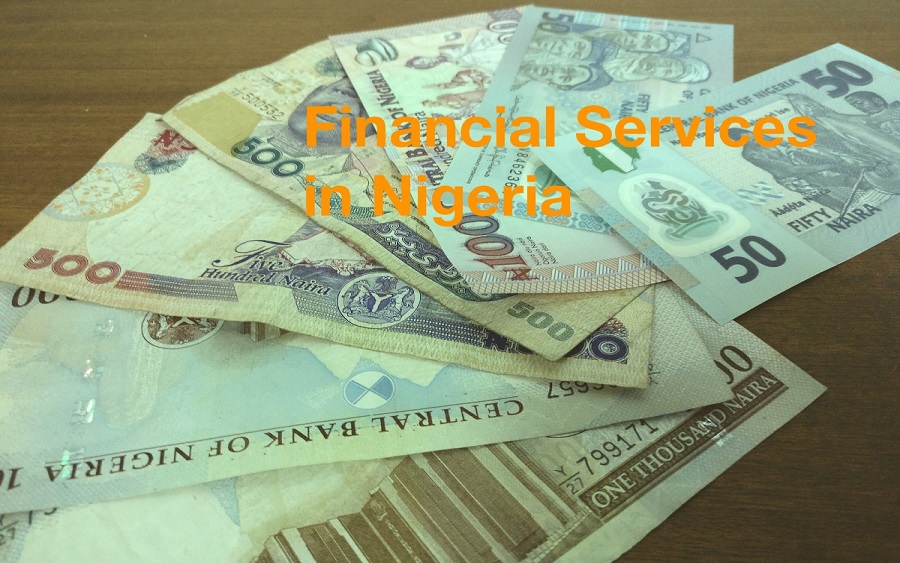Nigerian banks, insurance firms, and other financial services providers have the potential for long-term growth in Nigeria which is undoubtedly Africa’s most populous country. This is one of the top strengths of the Nigerian financial services sector, according to a SWOT analysis carried out by Fitch Solutions Country Risk & Industry Research.
The Strengths
Contained in a new report titled “Nigeria: Banking & Financial Services Report Q3 2020”, the SWOT analysis also identified improvements in the regulatory environment as another top strength.
In the meantime, there is an immense opportunity for growth in the Nigerian insurance sub-sector, especially as it pertains to life insurance. As the report explained, this is another major strength for the financial sector, because there is evidence to show that foreign investors are attracted to the country’s insurance sub-sector. Recall that in early March, Nairametrics reported that German-owned InsuResillience Investment Fund had completed the acquisition of 39.25% equity stake in Royal Exchange General Insurance Limited, a subsidiary of Royal Exchange Plc.
The Weaknesses
The Coronavirus pandemic is top on the list of factors weakening the Nigerian financial sector. This is mainly because the pandemic has caused a drastic decline in the demands for loans, even as there is now a high possibility that non-performing loans will skyrocket. This position is similar to one detailed in a recent report by The World Bank, as reported by Nairametrics.
Meanwhile, other weaknesses bedeviling the Nigerian financial industry, according to Fitch Solutions, include the following:
- Continued lack of major multinational competitors in the wider banking and financial services sector.
- The limited capacity of a broad section of Nigerians to spend on traditional insurance products due to poverty.
- The prevalence of fraud is another problem, especially so in the motor insurance sector.
- The COVID-19 pandemic and lowered oil price are said to have heightened liquidity concerns in the Nigerian financial sector.
The Opportunities
Thanks to reforms imposed by regulators such as the Central Bank of Nigeria, accounting practices are said to have improved considerably, thereby increasing the transparency level, especially in the banking sector.
Still on the opportunities, employers in the financial service sectors are now required to provide group life insurance coverage. This is said to provide an opportunity/improve knowledge of insurance in the country.
Meanwhile, Nigeria’s mostly young population provides immense growth opportunities for current players in the sector as well as future entrants; including foreign investors.
The Threats
- If the economic recovery doesn’t begin until later in 2021 then domestic demand for banking and financial services will remain muted.
- Perceptions of the Nigerian banking sector were badly damaged by the crisis in 2009 and have yet to fully recover.
- Expected higher inflation will weigh on credit demand.
- Nigeria’s economy remains overly dependent on oil price fluctuations, impacting the potential of the market’s banking and financial services sector.
